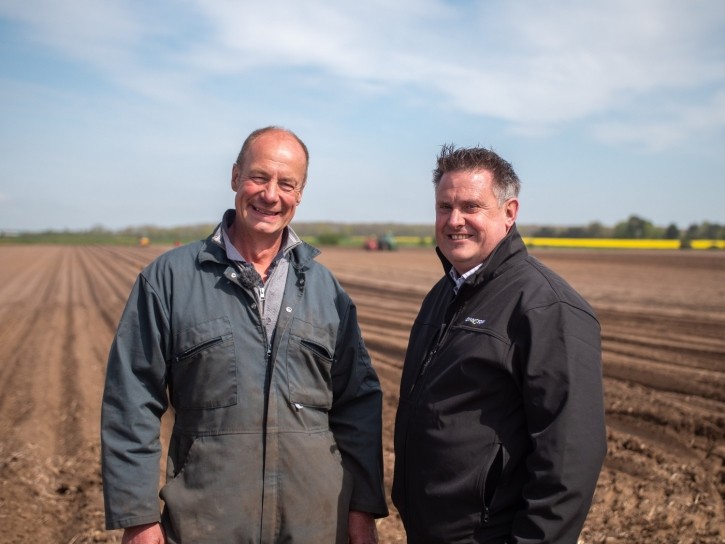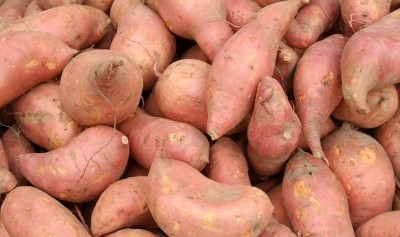News
Branston leads way on net zero potato production

Supported by a £2.1m grant from Innovate UK in 2022, Branston has launched trials into net zero production through sustainable fertilisers, reduced cultivations, varieties and improved soil health and improvements in storage and transport.
Working alongside agri-tech firm B-hive Productions, the University of Lincoln, crops storage tech firm Crop Systems and growers in Lincoln and Scotland, Branston hoped to sustainably change the way that potatoes are grown, stored and transported while still producing a commercially viable crop.
Three-year project
The three-year bid to capture data to help establish a process of achieving the lowest possible greenhouse gas (GHG) emissions has started its second year of testing as the planting season begins.
Branston technical field manager and leader of the project Andy Blair said: “Potato growers all want to know how they can reduce their fertiliser, fuel and electricity consumption as part of their net zero strategies, so they are extremely engaged in what we are trying to do.
“Fertiliser use is a major challenge and plays a significant part in all our trials. During the coming year, we will focus efforts to understand different novel fertiliser types and application rates to investigate yield and quality during growing.”
Trials underway
The project has already seen Branston develop an organically derived low-carbon fertiliser made from by-products, while previous trials have identified potato varieties with vigorous growth that might perform with fewer inputs.
Nicola Matthews, Branston net zero research manager, explained: “Knowing as much as possible about our soil biology, physical properties and nutrient content will allow us to tailor cultivations and applications to maximise yield while reducing the greenhouse gases that are released during the production of the potato crop.”
“The aeration of the land is activating microbes and causing carbon dioxide release from the soil, one of the main principles behind regenerative agriculture is to minimise soil disturbance.”
Meanwhile, frozen potato products manufacturer McCain Foods has partnered with NatWest to help potato farmers transition to sustainable agricultural practices.
















